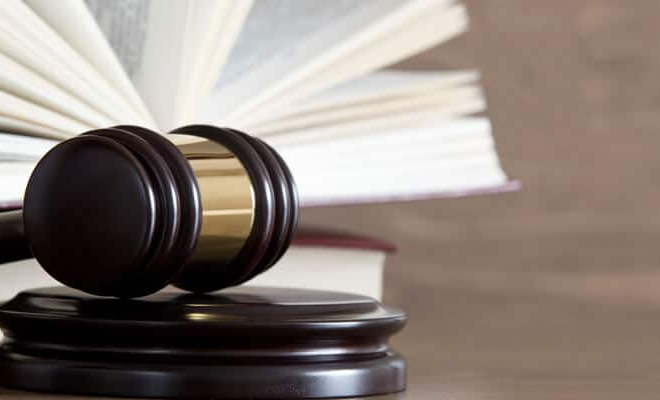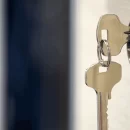How to Find an Effective Expert Witness

An expert witness must have knowledge, education, skill, training or professional experience in a specific field. For example, an engineer expert witness will have engineering education and professional experience. They must be able to analyze the evidence or data of a case using a proven, accepted scientific methodology. Their conclusions must be based on facts to prevent bias. The right expert witness can win or lose the case.
Goals for the Witness
First, you need to identify exactly why you need a witness. For example, will the lay person, including the jury and judge, have difficulty understanding all or part of the case evidence and making logical conclusions?
You need to identify exactly what you need from the expert. Will the experts provide analysis for your legal team only, or will they participate in depositions and testify at trial? Also, what time commitments will be necessary? You also need to identify type of expertise you need, and if the field is broad, such as engineering, you should narrow the expertise down. For example, you may need chemical or mechanical engineering expertise.
Expert Qualifications
An expert in the field should have extensive education and professional experience. These individuals may be practitioners who work in the field or academics who teach about the field. They may also work with consulting firms as professional experts after working in the field or in academia for a number of years.
Your witness should have exceptional communication skills as well. Those in academia or who conduct training and seminars may have better communication skills. In addition, any expert who has trial experience should have more specialized communication abilities. However, your expert must list the cases they have testified in, so if their entire income comes from serving as experts, this may harm the case, especially if they have testified on the opposite side of a previous case.
Professionalism and Compatibility
The witness should dress and act professional, and they should treat others with respect. Be sure that your witnesses get along well with your legal team. They should not act superior or talk down to the team and, especially, your client. Personality conflicts may also translate into court and be evident to the jury. Choose someone who feels like part of the team.
Compatibility may be tested through meeting with the witness, but it may also be determined through reading past trial transcripts. You may also ask colleagues about their experiences with specific witnesses.
If your case requires expert testimony, consider following these tips to find the best, most effective witness available.


